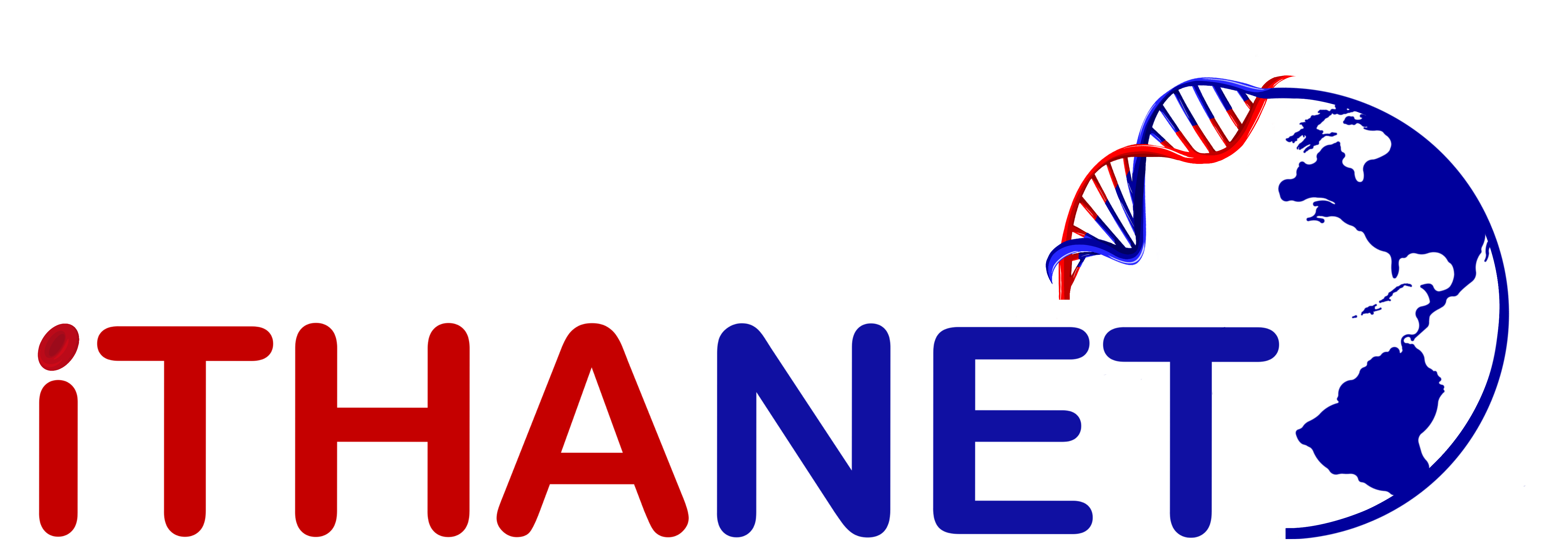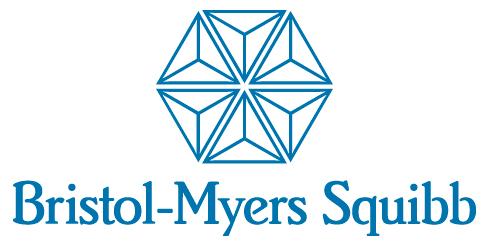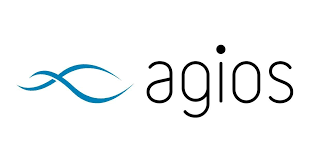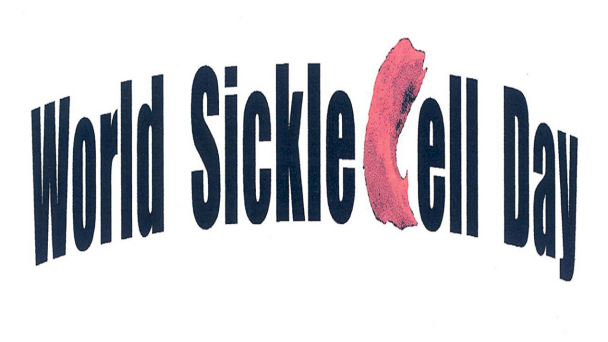
FT-4202 (Forma Therapeutics Inc.) has been given Fast Track designation by the U.S. Food and Drug Administration (FDA) as a potential disease-modifying therapy for pediatric patients with sickle cell disease (SCD). FT-4202 is a novel, oral, once-daily pyruvate kinase-R (PKR) activator with a favorable tolerability profile and favorable pharmacokinetic/pharmacodynamic effects in an ongoing Phase 1 clinical trial in patients with SCD (NCT03815695). PKR is a key metabolic enzyme in energy production and has an important role in maintaining the health of red blood cells (RBCs). In SCD, reduced PKR activity leads to accumulation of 2,3-diphospho-glycerate (2,3-DPG), a byproduct of cellular metabolism that decreases the ability of haemoglobin to bind oxygen, thus favoring polymerization of deoxy-HbS - a hallmark of SCD. By increasing PKR activity, FT-4202 is thought to lower the levels of 2,3-DPG, potentially increasing haemoglobin oxygen affinity and reducing the sickling of RBCs. FT-4202 effects are anticipated to increase haemoglobin levels (lessening anaemia) and reduce the frequency of painful vaso-occlusive crises. Forma Therapeutics plans to start a global Phase 2/3 study in SCD patients later this year. Source: Sickle cell disease News, TIF.






